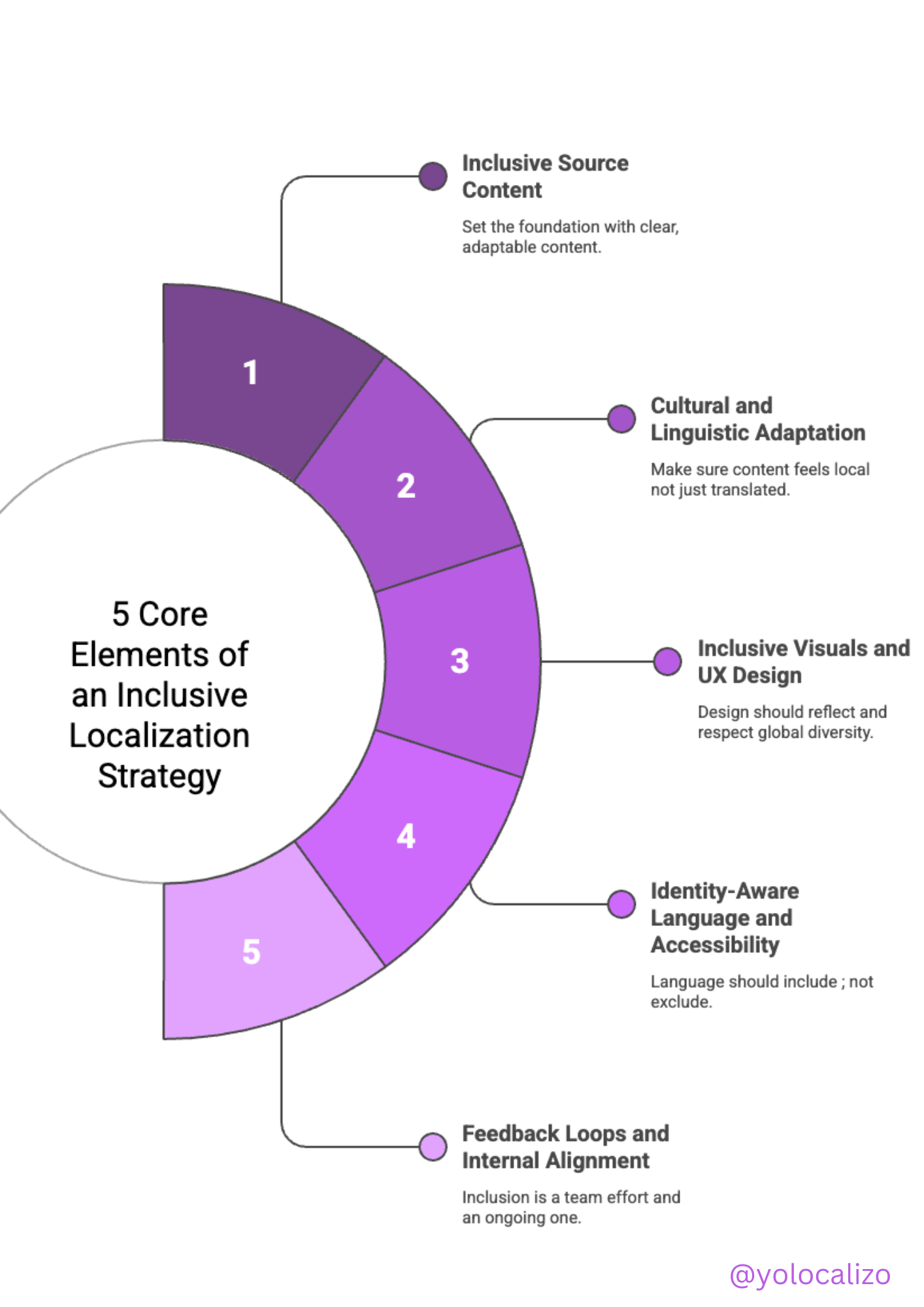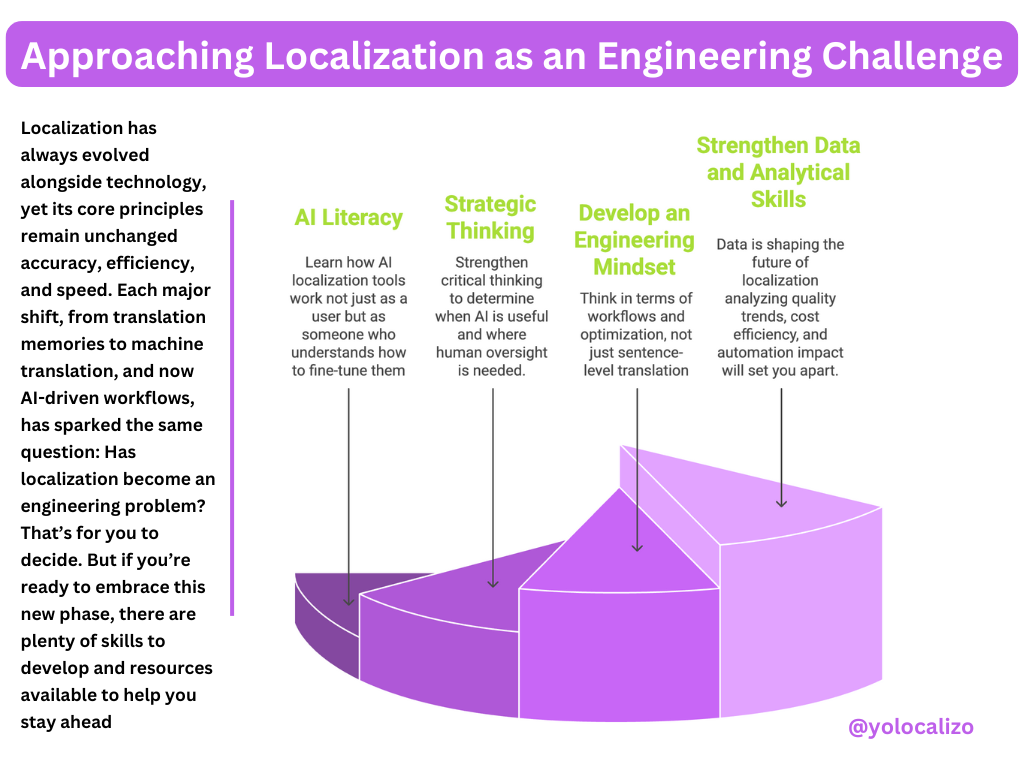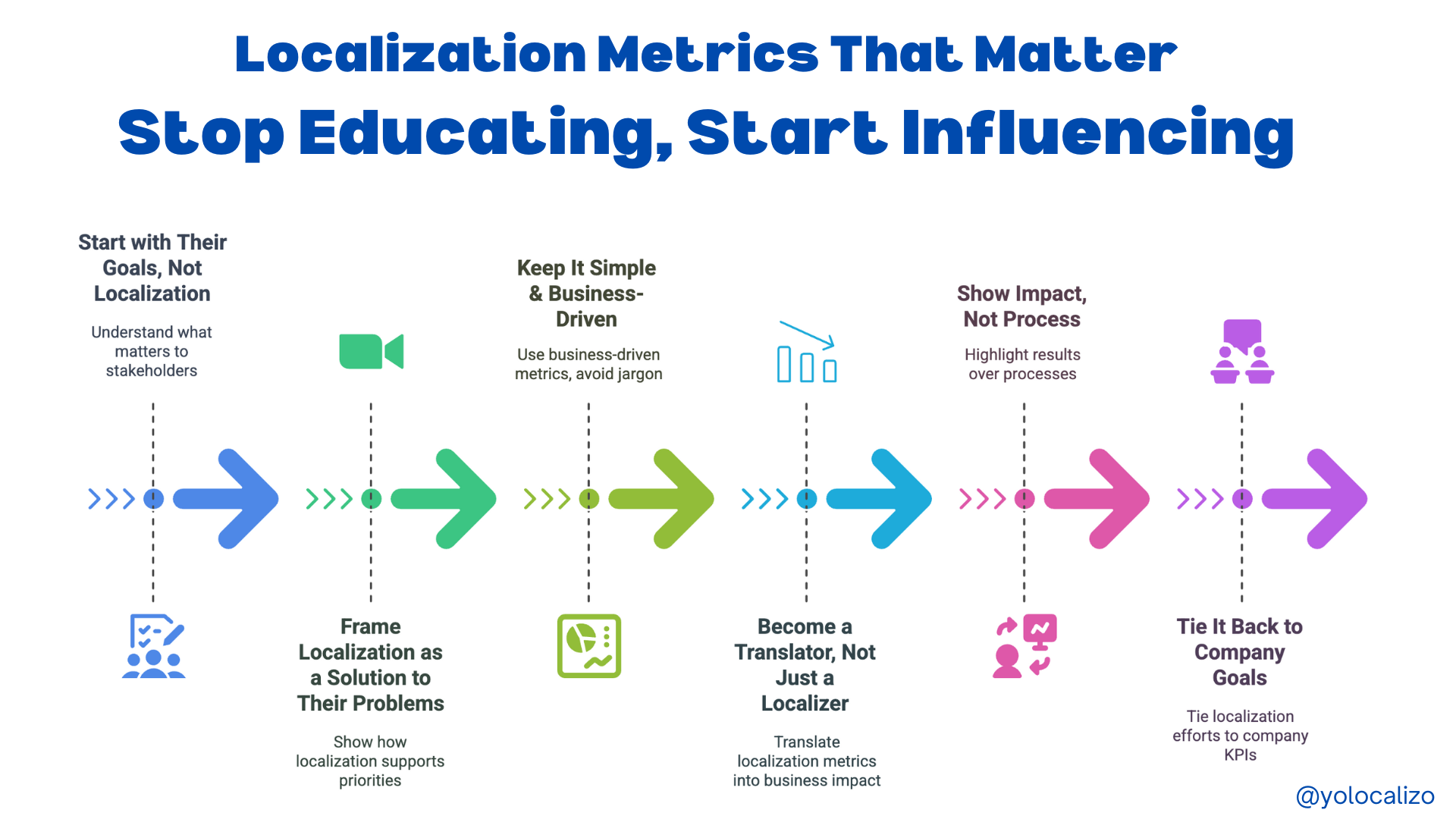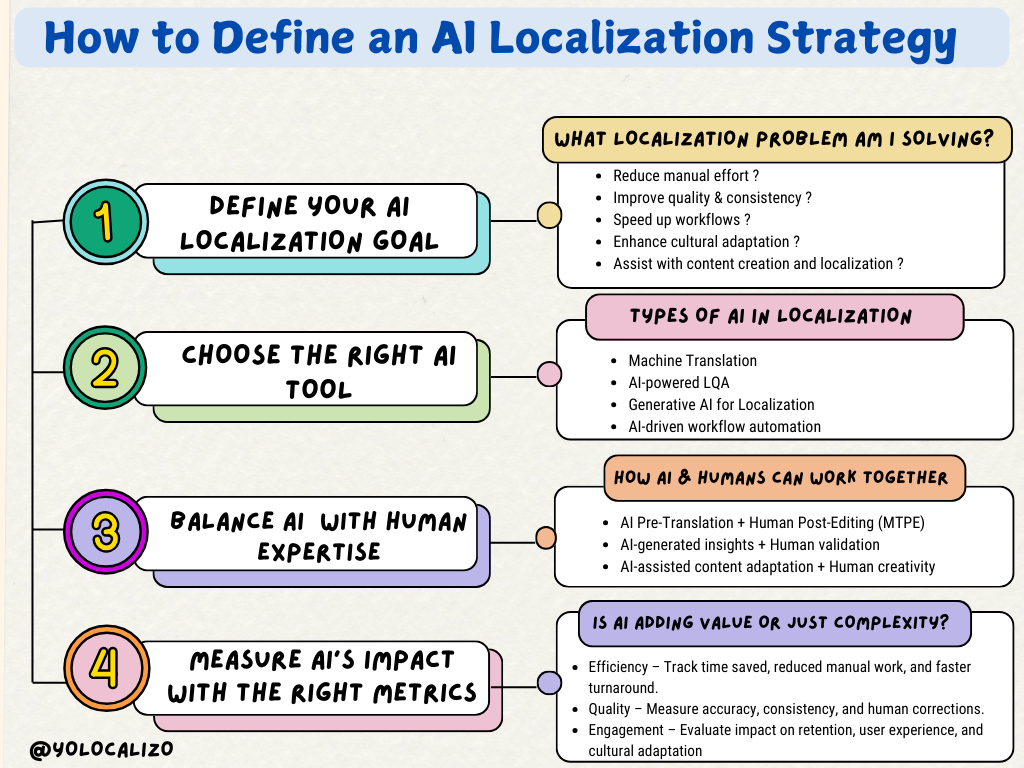Where do we put these guys in the Org Chart???!!!
The localization industry has many unknowns, many aspects that are unthinkable in other industries; aspects that range from basic fundamental issues to other more complex situations.
Examples of these situations might be not having clear answers to questions such as:
Aspects related to profits / financial numbers
What is the ROI if I translate in Vietnamese? (or any other language you might be considering to add)
I want to increase the language coverage of my product, which markets should I prioritize?
It can be also aspects related to the perception of culture and quality
Is it really so serious if we do not implement the Font properly and some missing character appears in the UX? After all, the message can be understood…. is it really so serious to show “tofu” characters in the UI?
What impact does it have on the reputation of our software?
In the reputation of our company?
Another unknown that sometimes appears in the Globalization industry has to do with merely organizational aspects such as…
Where do we put the Localization team in the org chart?
Should we put them with QA since Localization QA is important when we translate a product?
Do we sit them with the engineers since the internationalization phase “sounds a lot like coding”?
Do we place them with marketing, since after all, they are an important part to globalize our products?
Or maybe …. Wait, should we put them embedded with the agile coach?, and product owners, so they are aware of the features that we are incorporating into our software? That will allow them to give global feedback about the source language copywriting, cultural UX design and so on ?? OMG, where do we put these guys?!!
This week (and actually also next week) I reflect on this situation on my weekly post!
I think this situation that I have described is more real than what we might think, this happens; I have seen this situation or very similar ones when talking with some colleagues, or even I have experienced that situation by myself a couple of times during my career.
This is a topic that I want to deal with some depth, for this reason I will divide it into 2 posts.
In this first part, I will focus on 2 points
Problems we might have if we are not clear about where to place the Localization team within the company
The typical models that we can find in the organization of companies in the digital world.
Here we go!
What are the challenges that we have to face if we are not clear about where to place the Localization team in our Org Chart?
There are 3 main challenges that we will embrace by not being clear about our org and strategy.
Quality consistency
If we are not clear about where to place the Localization department within our company, then the hopes that we have a strategy of localization at company level are as high as expecting that I would enjoy having broccoli as dinner. And … without a localization strategy we will have problems of consistency, problems related to quality; in some products it will be high and in others not so high. See also (Defining a linguistic quality and review process - no more subjective changes)
Brand voice
How do we maintain the communication, the tone of our company, of our product if we do not have a clear localization strategy?
A localization team plays a fundamental role when it comes to giving coherence to branding.
Deep dive in this topic if you want to know more by reading this blog post. The impact of poor translation in the brand quality reputation ... in search of the Holy Grail of the Localization industry
Problems to handle different linguistic providers.
Few things seem more chaotic in our world than when we work with many LSPs without being clear why. Having many linguistic providers will be a chaos (unless it responds to a planned strategy of diversification/specialisation)
It requires a lot of coordination. Working with many partners means multiple contacts, bottle necks, complex communications... different workflows are required, and these workflows can limit the possibilities that we have of integrating tech solutions such as API or CMS connectors. We might even end up in a situation with customer care managing their vendors, marketing theirs, and localization trying to juggle in-app content to match the rest
Want to know more about this? Check out my blog post My minimalist Localization thoughts: one vendor or multiple vendors
Once we have seen the challenges, it is time to think about the possible solutions we have when thinking about where we put the localization guys in the org chart of our company.
But first things first, before putting them in a specific place let's go over the typical organization models
What are the typical organization models that we can see in a company? According to a study by Altimeter there are mainly 3 types of business model.
Distributed
This is the model of startups, or companies where leadership and management is distributed. Great model to start with and grow fast. (A Localization team in this environment might suffer as it can be chaotic; everyone in the company is allowed to take their own course)
Centralized
Most organizations default to this approach. Their organizational chart reads like a typical silo model. A Pyramid. Control is maximized. (A Localization team within this model might work quite nicely to secure quality and consistency in the brand voice)
Coordinated
The coordinated model is the most effective, simple and powerful. Working guidelines are established. They serve as principles, not rules. Control is shared and leadership trusts its employees to do the right thing. This approach takes time and monitoring. Its effectiveness is in its horizontal networks.
The category that best describes your unique needs depends on you, however there are some general recommendations that we can follow to know which might be the best setup for a Localization team.
Are you curious about pros/cons of these different models? Join me next week and keep reading to be able to have an opinion next time you are asked “Where do we put the Localization guys in the org chart?”
Have a great week! And “see” you next week!
@yolocalizo














Localizability has always been a challenge small issues in source content often lead to big problems later in translation. In this post, I explore how AI is giving localization teams a powerful new way to improve source quality, reduce friction, and create better content for every market right from the start.